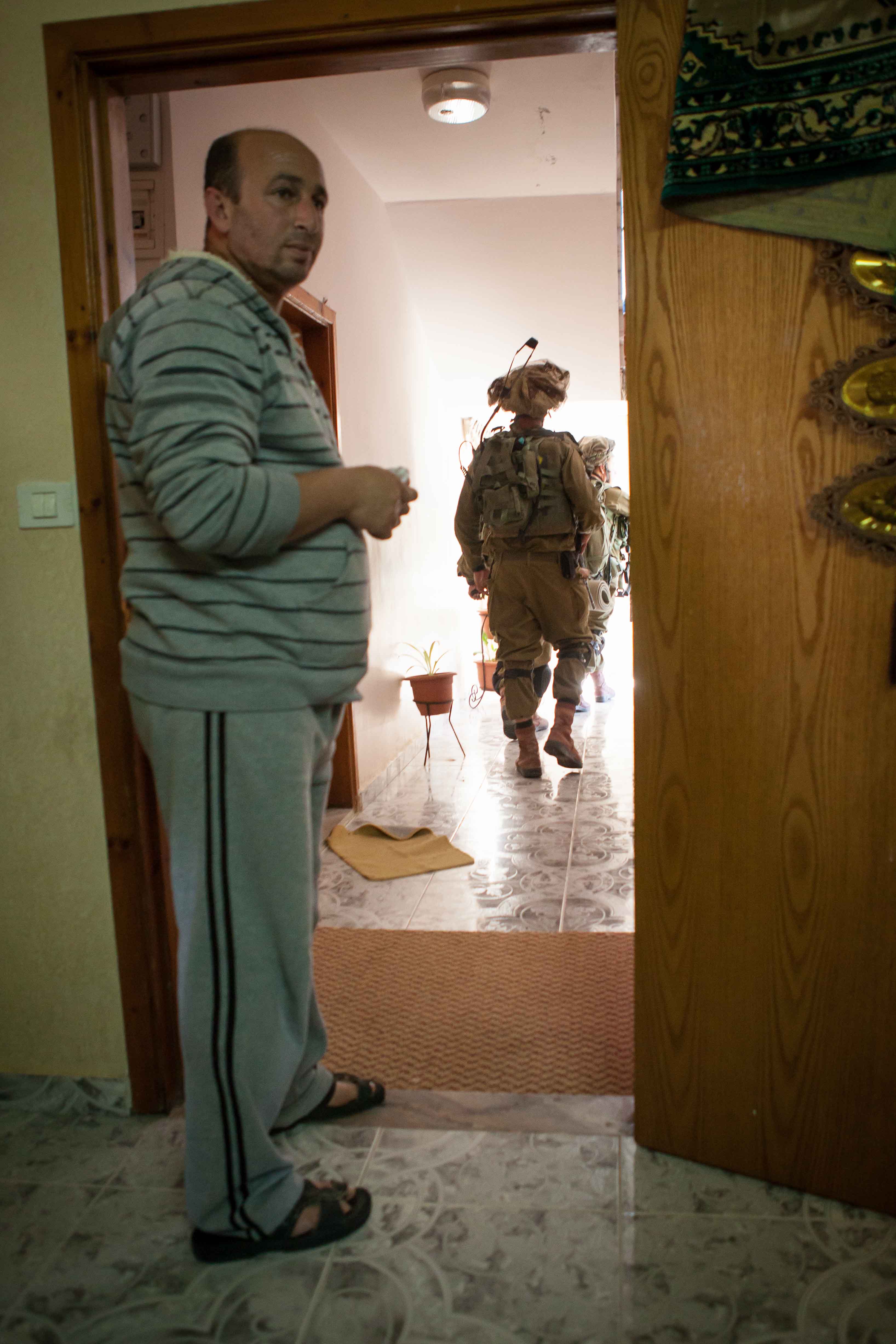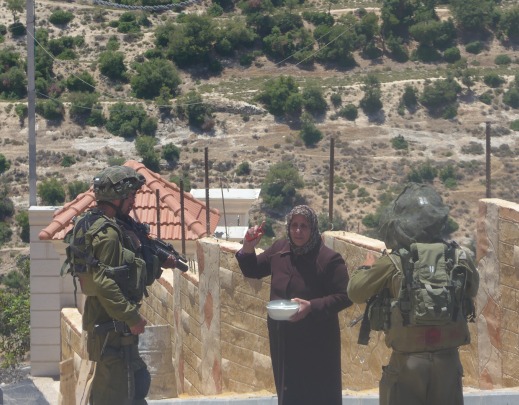Category: Reports
-
VIDEO: Israeli soldiers invade more Palestinian homes in Hebron
18th June 2014 | International Solidarity Movement, Khalil Team | Hebron, Occupied Palestine Yesterday the Israeli army invaded a family house in the H1 area, supposedly under full Palestinian Authority civil and security control, of al-Khalil (Hebron). The father of the family is very ill with heart disease; the family was forced in to one room…
-
Palestinian kidnapped by Israeli forces in Awarta
16th June 2014 | International Solidarity Movement, Nablus team | Awarta, Occupied Palestine At approximately 2:00 AM on the 15th June, Israeli soldiers conducted a night raid in the village of Awarta near Nablus, which was one of a series of raids and closures carried out by Israeli forces, following the disappearance of three Israeli settler youth close to al-Khalil (Hebron). Palestinian witnesses state that over 50 Israeli…
-
House raids in Hebron
15th June 2014 | International Solidarity Movement, Khalil Team | Hebron, Occupied Palestine At approximately 3AM this morning, approximately 70 Israeli soldiers broke into a home inhabited by two Palestinian families. The home is located in the H1 region of Hebron, an area officially under full Palestinian authority, civil and security control. The two families, composing of 10 people,…



